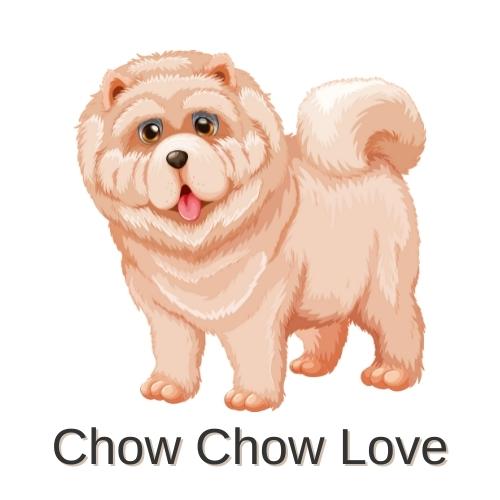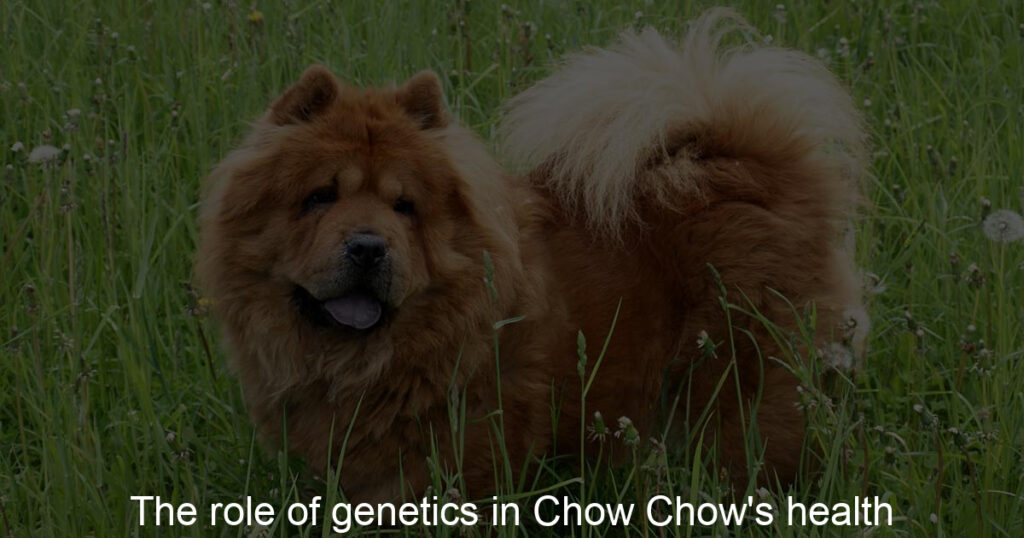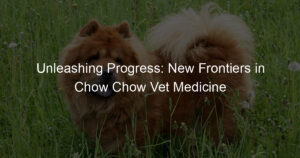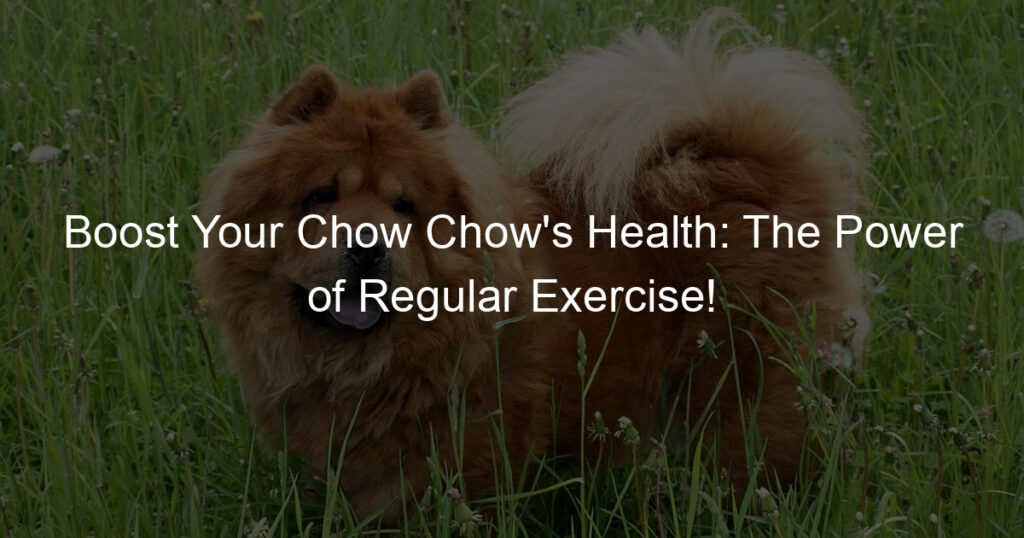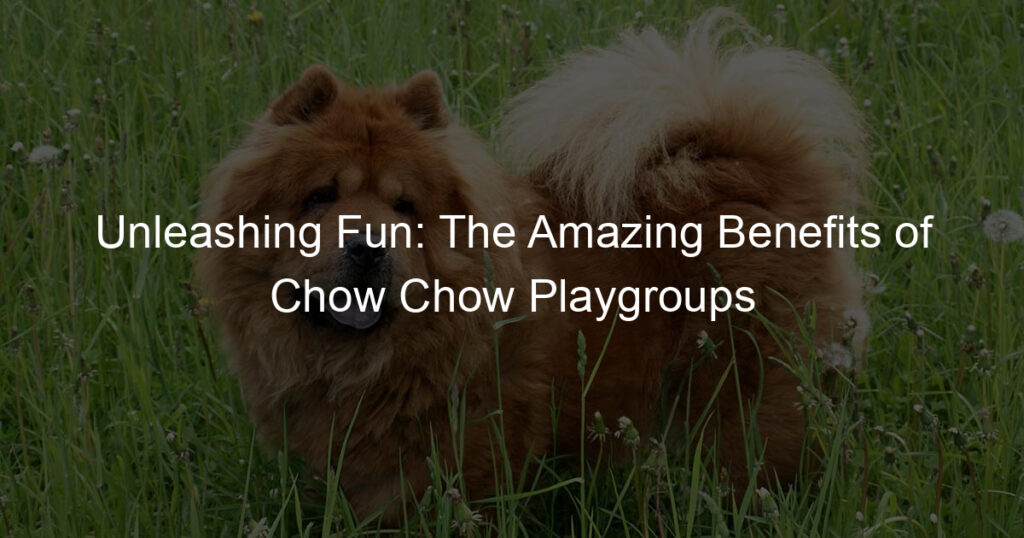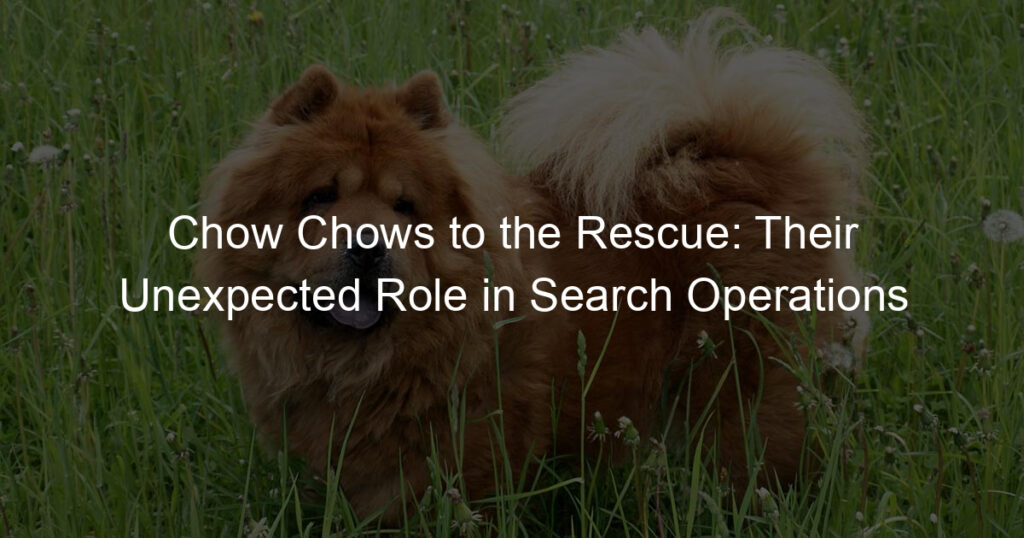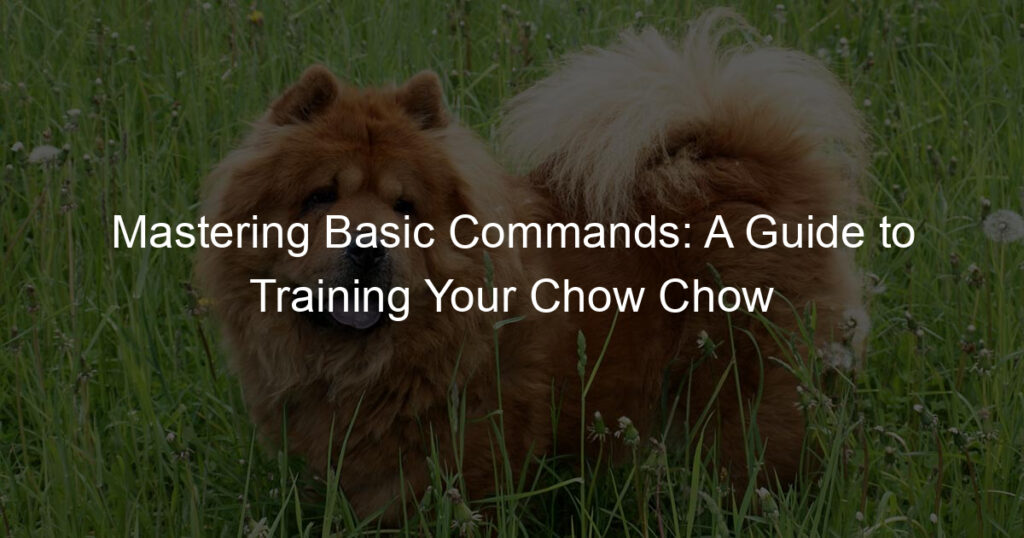As a fur parent or an avid dog lover, you might be aware of the importance of genetics when it comes to the health of your pet. Chow Chows are no different and their genetic makeup is essential in determining what kind of health complications they could face throughout their life as well as if they potentially have any hereditary medical conditions.
In this post, we will look at what type of tasks genes can have on the incredible breed that is known for its beautiful mane – the chow chow. We’ll discuss how to tell whether your pup’s genes are putting them at risk for certain diseases, potential health concerns due to heredity issues, and more!
So grab yourself a cup of coffee and get ready for us to dive into this deep topic about our furry pal’s DNA!
Are Chow Chows healthy dogs?
Chow Chows may have their own unique appearance and personality, but are they healthy dogs? Well, generally speaking, Chow Chows can be quite a healthy breed of dog.
As with any animal, it’s all down to the care and attention that it receives. If a Chow Chow is given the correct diet and has a good amount of exercise and grooming, then there shouldn’t be too much to worry about when it comes to its health.
They are relatively low maintenance compared to other breeds – certainly, this is something to keep in mind if you’re thinking about owning one.
What is the lifespan of a Chow Chow?
The Chow Chow is a brightly colored and furry breed of dog that looks absolutely loveable and cuddly upon first sight. Its dense fur, cute snub nose, almond-shaped eyes, and black “tongue of the lion” turn them into something quite unique when compared to other breeds.
Like any breed of dog, it has a life expectancy — for a Chow Chow it is between 8 and 12 years old. Though their lifespan isn’t as long as some other breeds, Chow Chows can live for many good years if given proper care and nutrition.
After all, with their signature blue-tinged tongue and characteristic expression, you’ll want them around for as long as possible!
What are common issues with Chow Chows?
Chow Chows have a few health issues that any owner should be aware of. Dental hygiene is important since these pooches can struggle with plaque and tartar buildup that can lead to painful bacteria-related issues.
They are also prone to eye problems like dry eye, glaucoma, and cataracts, as well as hip dysplasia. Thankfully, preventative measures like regular checkups and dental cleansings with a vet can help alleviate the risk of these issues – in addition to keeping your pup active with exercise! With the right care, Chow
Chows make wonderful and loyal companions who will reward you with their affectionate nature.
What are genetic health issues in dogs?
Genetics play a huge role in our furry friend’s health and some of their common health issues are actually genetic. From allergies to hypothyroidism, many ailments have a genetic basis – meaning they can be inherited from one generation to the next.
Polyneuropathy is a widespread disorder that affects the nerves of large-breed dogs; while small breeds are prone to patella luxation and progressive retinal atrophy. Other popular canine diseases with a genetic component include ocular melanosis, Von Willebrand’s disease, dwarfism, heart diseases, and even cancer.
Thankfully, through proper knowledge and education about these illnesses – as well as regular veterinarian check-ups – many dog owners will be able to identify any potential medical issues early on, reducing the chance that their beloved pet will suffer from a serious genetic illness.
In General
While it’s clear that Chow Chows are more prone to certain health conditions than some other canines, they still make great companion animals. They bring love and lifelong loyalty to the families who adopt them, and their unique personalities will certainly add a bit of spice to your life!
However, the important thing for potential pet owners to remember is that genetics plays an important role in their overall well-being. Be sure to research any potential breeders or rescues thoroughly so you can be informed of traits common among Chow Chows that you might need to be accounted for during vet visits.
By working with your vet and being aware of their genetic predispositions, you can ensure a long, happy life for a well-loved pup!
